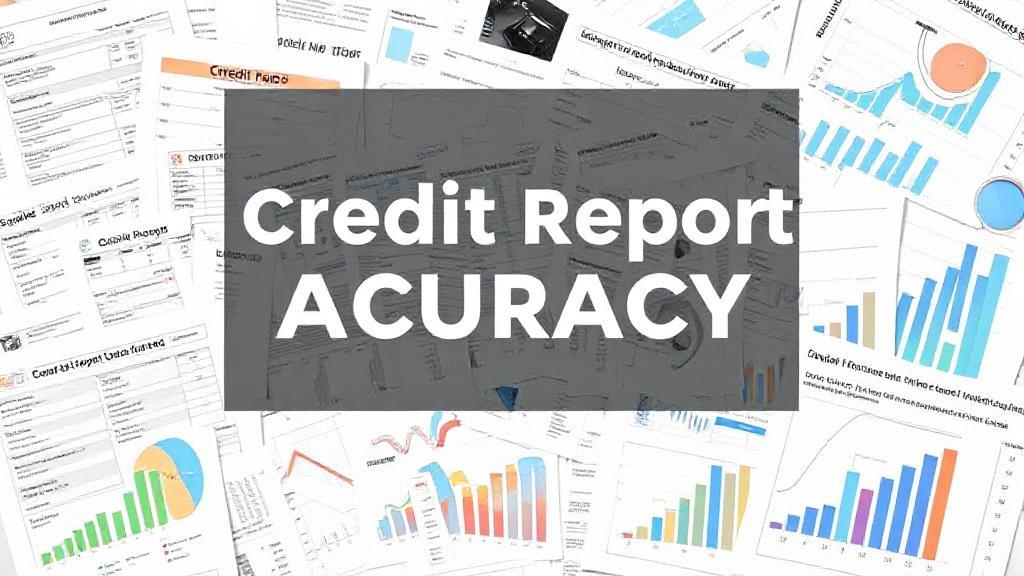Understanding Credit Reports and Their Role
A credit report is a detailed record of an individual's credit history, compiled by credit bureaus. These reports are crucial tools used by lenders, landlords, and employers to assess financial responsibility. The three major credit bureaus in the United States are Equifax, Experian, and TransUnion, each maintaining records for hundreds of millions of consumers worldwide.
Key Components of Credit Reports
- Personal identification details
- Credit accounts and payment history
- Credit inquiries
- Public records like bankruptcies
Accuracy Rates and Common Discrepancies
According to a Federal Trade Commission study, major credit bureaus show accuracy rates of approximately 95-96%. However, discrepancies between reports are common:
- Payment History: Different bureaus may show varying payment dates or missed payments
- Account Balances: Credit card balances might differ due to reporting timing
- Credit Inquiries: Some inquiries may appear on one report but not others
- Personal Information: Variations in address history or name spellings
Factors Affecting Credit Report Accuracy
Data Collection and Reporting
- Data Collection Methods: Each bureau has its own methods for collecting and updating data
- Reporting Frequency: Creditors may report to one, two, or all three bureaus
- Data Furnisher Participation: Not all creditors report to all bureaus
- Identity Theft: Unauthorized accounts or inquiries can appear
Error Sources
Comparing the Major Credit Bureaus
Equifax
Known for comprehensive data collection but faced scrutiny over data breaches, particularly in 2017.
Experian
Renowned for robust data analytics and global reach, with detailed reports including credit scores and risk factors.
TransUnion
Praised for user-friendly reports and proactive consumer education, with a focus on real-time data updates.
Dispute Resolution Process
| Bureau | Online Dispute | Average Resolution Time |
|---|---|---|
| Equifax | Yes | 30 days |
| Experian | Yes | 30 days |
| TransUnion | Yes | 30 days |
How to Ensure Credit Report Accuracy
- Regular Monitoring: Check reports from all three bureaus through AnnualCreditReport.com
- Dispute Inaccuracies: Promptly dispute errors with respective bureaus
- Document Everything: Keep records of all correspondence
- Follow Up: Address unresolved issues
- Protect Identity: Implement credit freezes or fraud alerts
"According to the Consumer Financial Protection Bureau, credit reporting complaints have consistently ranked among the top issues reported by consumers."
Consumer Protection Rights
The Fair Credit Reporting Act (FCRA) provides important consumer rights:
- Free annual credit reports
- Dispute resolution procedures
- Time limits on negative information
- Access to credit scores
Expert Recommendations
Financial advisors suggest:
- Checking reports from all three bureaus quarterly
- Setting up credit monitoring services
- Addressing discrepancies immediately
- Maintaining detailed financial records
For more information on credit reports and how they work, visit the Consumer Financial Protection Bureau or Federal Trade Commission websites.
